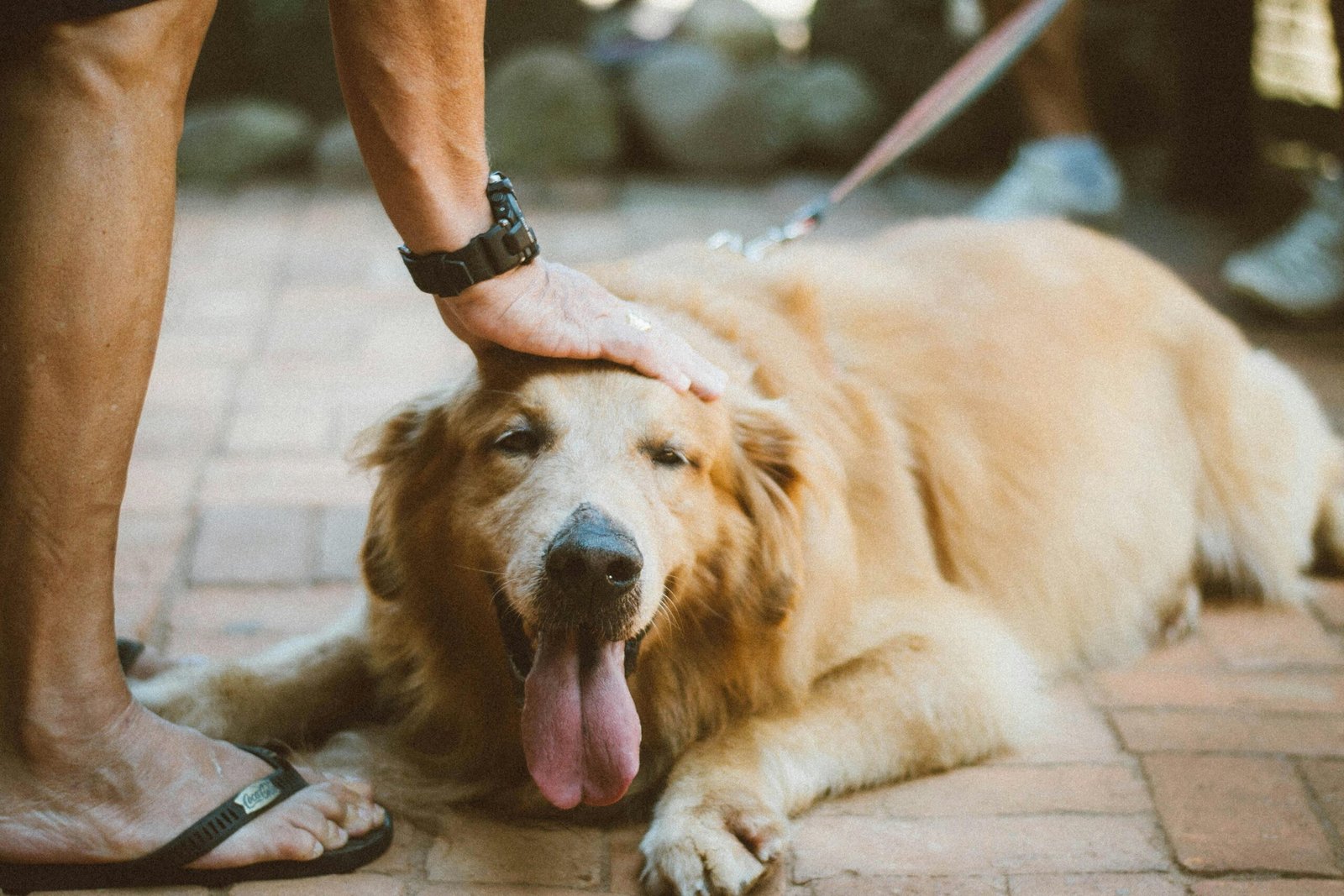Protecting your beloved canine companion from the debilitating effects of canine influenza is a top priority for responsible pet owners. Understanding the available canine flu vaccines and their benefits is crucial in ensuring your dog’s health and well-being. This comprehensive guide explores the different types of vaccines, their effectiveness, and when your dog should receive them. We’ll also address common concerns and provide answers to frequently asked questions.
Understanding Canine Influenza
Canine influenza, or dog flu, is a highly contagious respiratory disease caused by different strains of influenza A viruses. These viruses spread easily through direct contact with infected dogs, or indirectly through contact with contaminated surfaces. Symptoms can range from mild (cough, runny nose) to severe (pneumonia, difficulty breathing), and in some cases, can be fatal, especially in young, elderly, or immunocompromised dogs. Therefore, dog vaccines play a critical role in preventing the spread and severity of this illness.

Types of Canine Flu Vaccines
Currently, there are two main types of canine flu vaccines available:
- Inactivated Vaccines: These vaccines use killed virus particles to stimulate an immune response. They are generally considered safer for dogs with compromised immune systems, but may require multiple doses for full protection.
- Modified-Live Vaccines: These vaccines use weakened, live virus particles to trigger a strong immune response. They often provide longer-lasting immunity with fewer doses, but carry a slightly higher risk of side effects in immunocompromised dogs. Your veterinarian will help determine which type is best suited for your dog’s individual needs.
Benefits of Canine Flu Vaccination
Vaccination is the most effective way to protect your dog from the canine flu. The benefits include:
- Reduced Risk of Infection: Dog vaccines significantly decrease the chance of your dog contracting the virus.
- Milder Symptoms: Even if your vaccinated dog does contract the virus, the symptoms are typically much milder and shorter-lived.
- Protection of Vulnerable Dogs: Vaccination protects not only your dog but also helps prevent the spread of the virus to other dogs, including those who may be more vulnerable to severe illness.
- Peace of Mind: Knowing your dog is protected gives you peace of mind, allowing you to enjoy more carefree outings and interactions with other dogs.

When Should Your Dog Be Vaccinated?
The timing of canine flu vaccination depends on several factors, including your dog’s age, health status, and lifestyle. Generally, puppies can receive their first dose around 8 weeks of age. Adult dogs should receive annual booster shots to maintain optimal protection. Dogs at high risk of exposure (e.g., those who attend dog parks or boarding facilities) may benefit from more frequent vaccination. Always consult your veterinarian to create a personalized vaccination schedule for your dog.
Choosing the Right Vaccine and Veterinary Care
The decision of which dog vaccines are right for your pet should always be made in consultation with your veterinarian. They will consider your dog’s individual health history, lifestyle, and risk factors to determine the most appropriate vaccination plan. Your veterinarian can also advise you on potential side effects and how to manage them.

Beyond Vaccination: Protecting Your Dog from Canine Flu
While vaccination is the cornerstone of flu prevention for dogs, other preventative measures can further reduce your dog’s risk:
- Avoid Contact with Sick Dogs: Keep your dog away from dogs exhibiting flu-like symptoms.
- Practice Good Hygiene: Wash your hands thoroughly after handling your dog, and disinfect frequently touched surfaces.
- Maintain a Healthy Lifestyle: A healthy immune system is crucial for fighting off infections. Ensure your dog receives proper nutrition, exercise, and regular veterinary check-ups.
Frequently Asked Questions (FAQ)
- Q: Are canine flu vaccines safe? A: Yes, canine flu vaccines are generally very safe and effective. However, as with any vaccine, there’s a small risk of mild side effects such as lethargy, mild fever, or soreness at the injection site. These side effects are usually temporary.
- Q: How long does immunity last after vaccination? A: The duration of immunity varies depending on the vaccine type and your dog’s individual immune response. Annual booster shots are usually recommended to maintain optimal protection.
- Q: My dog has a compromised immune system. Can they still be vaccinated? A: Yes, but it’s crucial to discuss this with your veterinarian. They can determine the safest and most effective vaccination approach for your dog’s specific needs. Inactivated vaccines are often preferred for dogs with compromised immune systems.
- Q: How much does a canine flu vaccine cost? A: The cost of dog vaccines varies depending on your location and the specific vaccine used. It’s best to contact your veterinarian for an accurate price quote.
- Q: Can my dog get the human flu? A: No, canine influenza viruses are specific to dogs and cannot infect humans.
Buy the products shown in this post by visiting this link: https://amzn.to/3ZlyPU9
Share this content:






